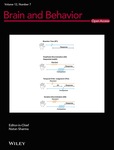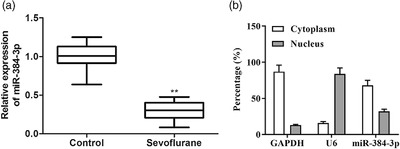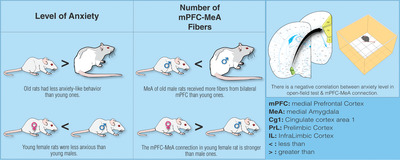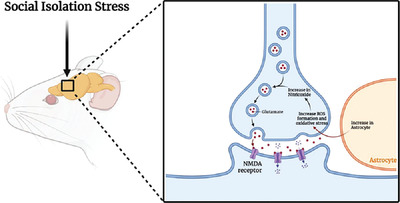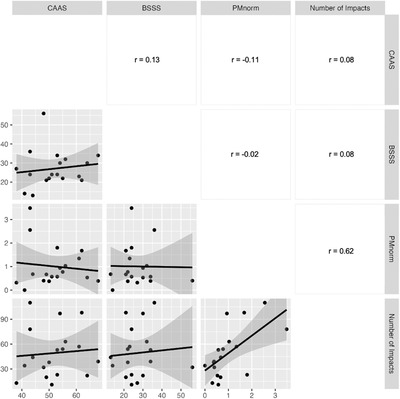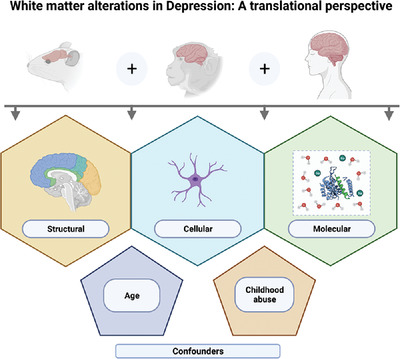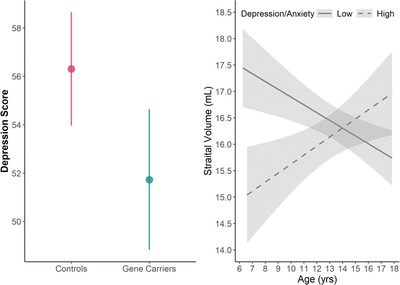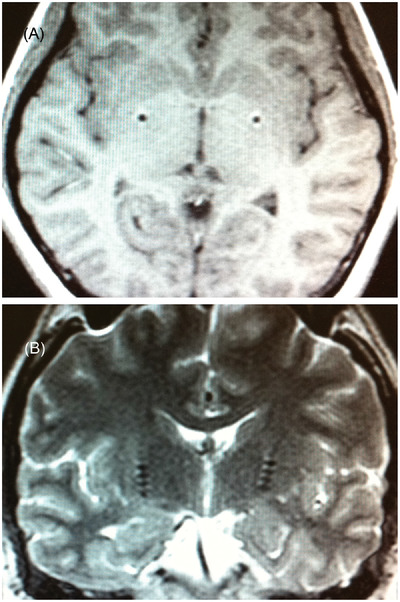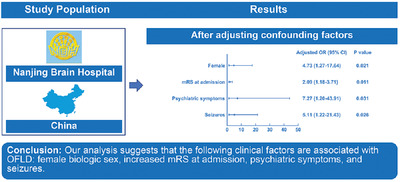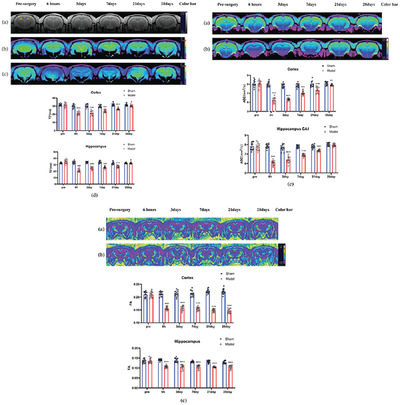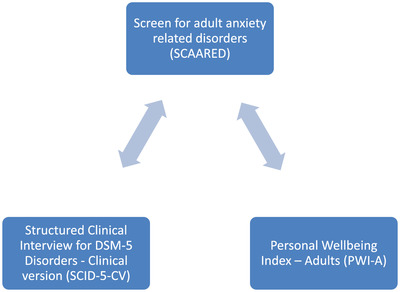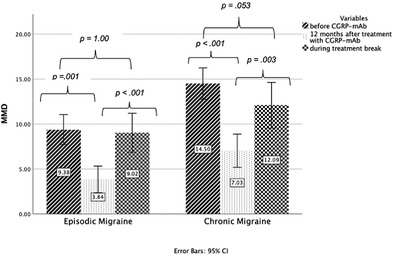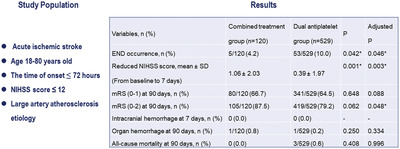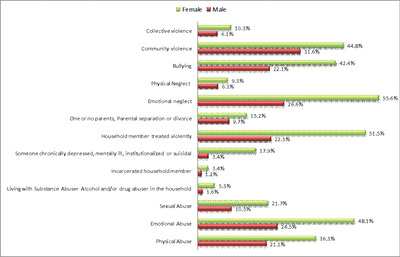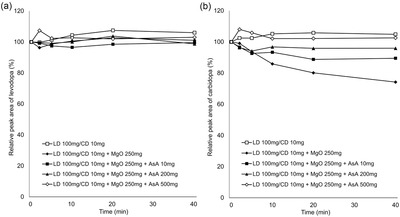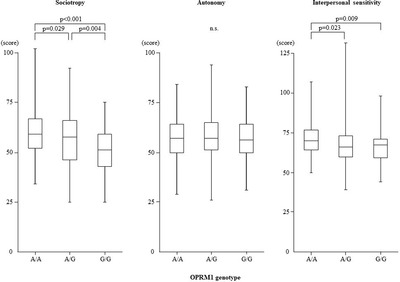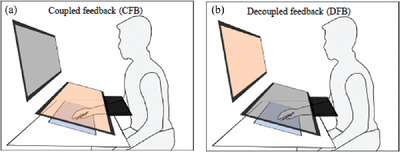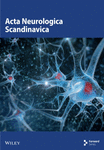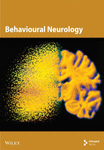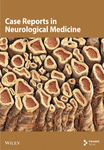Journal list menu
Export Citations
Download PDFs
FEATURED COVER
Featured Cover
- First Published: 21 July 2022
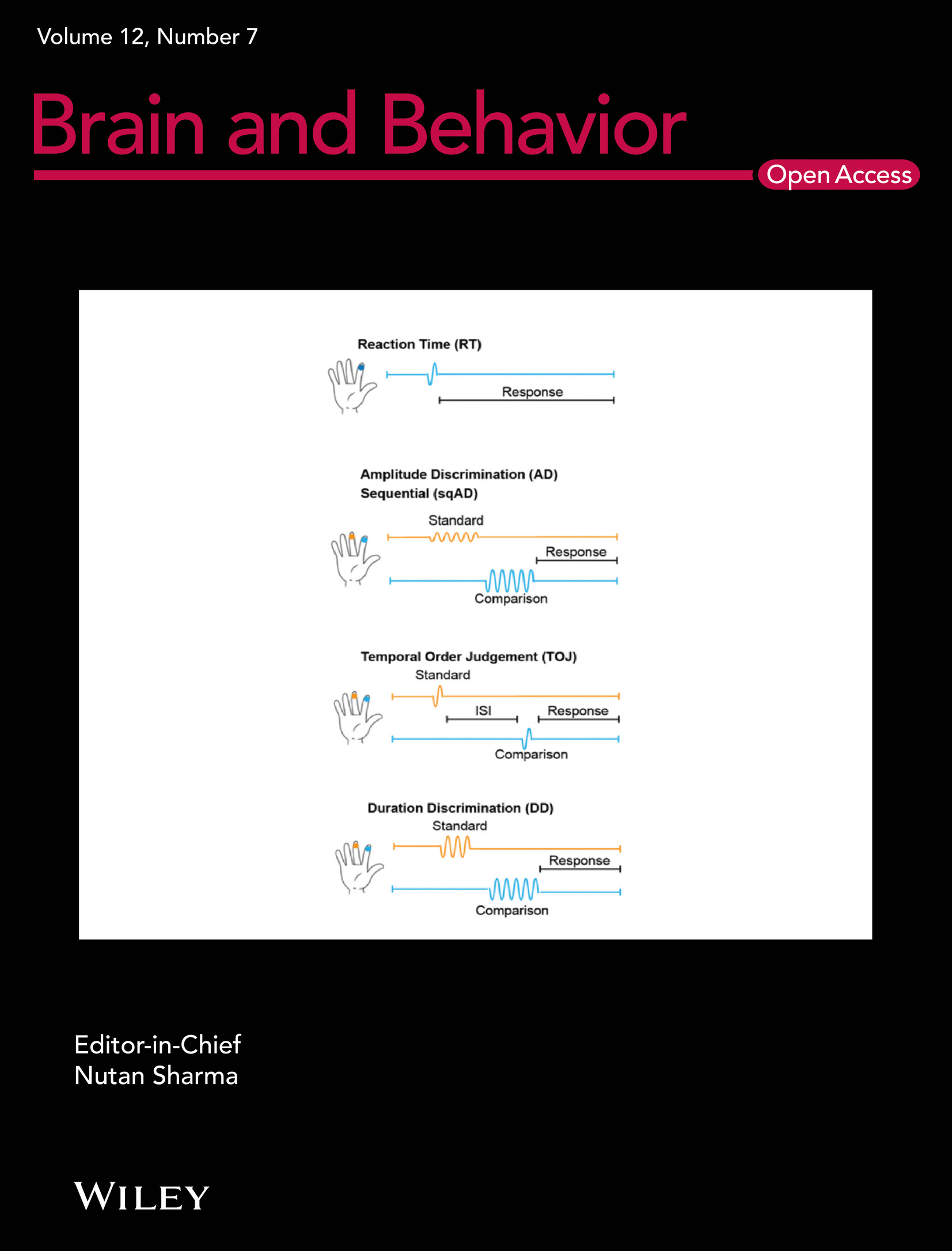
The cover image is based on the Original Article Nonlinear age effects in tactile processing from early childhood to adulthood by Sakshi Kaur et al., https://doi.org/10.1002/brb3.2644.
ISSUE INFORMATION
ORIGINAL ARTICLES
miRNA-384-3p alleviates sevoflurane-induced nerve injury by inhibiting Aak1 kinase in neonatal rats
- First Published: 20 June 2022
Perivascular spaces as a marker of psychological trauma in depression: A 7-Tesla MRI study
- First Published: 07 June 2022

Emerging evidence in depression suggests that blood–brain barrier (BBB) breakdown and elevated inflammatory cytokines in states of persistent stress or trauma may contribute to the development of symptoms. We investigated the link between glymphatic neuroanatomy via perivascular spaces (PVS) and trauma experience in patients with major depressive disorder (MDD) and in healthy controls using 7-Tesla MRI and a semi-automated segmentation algorithm. We found an association between experience with traumatic events and PVS volume suggesting an association between psychological trauma and glymphatic dysfunction.
Analysis of the expression levels of chemerin, ox-LDL, MMP-9, and PAPP-A in ICVD patients and their relationship with the severity of neurological impairment
- First Published: 26 May 2022
The medial prefrontal cortex to the medial amygdala connections may affect the anxiety level in aged rats
- First Published: 23 May 2022
Clozapine prescribing practice and trends in Qatar: First national observational study
- First Published: 01 June 2022
Modulation of astrocyte activity and improvement of oxidative stress through blockage of NO/NMDAR pathway improve posttraumatic stress disorder (PTSD)-like behavior induced by social isolation stress
- First Published: 23 May 2022
Lifestyle treatment in women with polycystic ovary syndrome: predictors of weight loss and dropout
- First Published: 02 June 2022
REVIEW
Nordic treatment guidelines for rare epileptic conditions: A literature review
- First Published: 28 June 2022
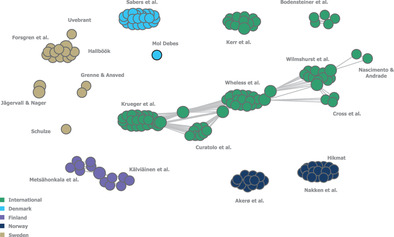
The onset of severe, drug-resistant seizures in early childhood is characteristic of the rare epileptic disorders Lennox-Gastaut syndrome, Dravet syndrome, and CDKL5 deficiency disorder and is frequently observed in the rare genetic conditions tuberous sclerosis complex and Rett syndrome. International collaboration to develop high-quality treatment guidelines is needed for optimal management of these conditions. This review aimed to assess content, availability, and development of treatment guidelines for these disorders in the Nordics region (Denmark, Finland, Iceland, Norway, and Sweden).
ORIGINAL ARTICLES
REVIEWS
Modeling Parkinson's disease-related symptoms in alpha-synuclein overexpressing mice
- First Published: 01 June 2022
Unraveling the mystery of white matter in depression: A translational perspective on recent advances
- First Published: 01 June 2022
ORIGINAL ARTICLES
Behavioral features in child and adolescent huntingtin gene-mutation carriers
- First Published: 23 May 2022
REVIEW
Fear of hypoglycemia—An underestimated problem
- First Published: 27 May 2022

Fear of hypoglycemia is a phenomenon that affects people with diabetes experiencing hypoglycemia. On the one hand, fear of hypoglycemia is an adaptive mechanism that helps to protect patients from hypoglycemia and its consequences. On the other hand, the non-normative level of fear of hypoglycemia causes anxiety and tension, disturbs normal functioning, and makes normoglycemia maintenance difficult.
ORIGINAL ARTICLES
MiR-223-3p alleviates trigeminal neuropathic pain in the male mouse by targeting MKNK2 and MAPK/ERK signaling
- First Published: 24 May 2022
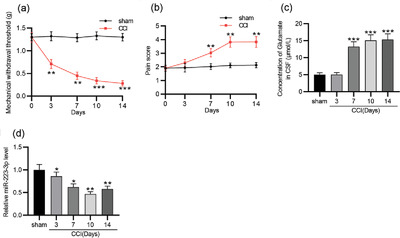
This study was the first to elucidate the downregulation of miR-223-3p expression in CCI-ION models of TN. Moreover, miR-223-3p overexpression was demonstrated to mitigate trigeminal neuropathic pain and inhibit neuroinflammation, and these effects may relate to the targeted relationship with MKNK2 and inhibition of the MAPK pathway. In the future work, we will establish the other experimental models such as the ligation of infraorbital nerve to investigate the antalgic role of miR-223-3p. Additionally, more upstream and downstream molecular mechanisms involved in miR-223-3p need to be investigated for deep understanding of the physiology of TN.
Improved depressive symptoms in patients with refractory Gilles de la Tourette syndrome after deep brain stimulation of posteroventral globus pallidus interna
- First Published: 27 May 2022
Reduction of psychological cravings and anxiety in women compulsorily isolated for detoxification using autonomous sensory meridian response (ASMR)
- First Published: 08 June 2022
The association of 20 short tandem repeat loci of autosomal chromosome with male schizophrenia
- First Published: 08 June 2022
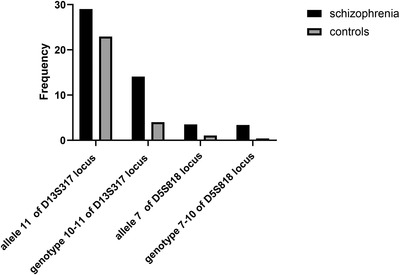
To explore the relationship of short tandem repeat (STR) loi with male schizophrenia, allelic and haplotypic distribution frequencies of 20 STRs on autosomal chromosomes were compared between schizophrenia patients and normal subjects in a population of Chinese males. Polymorphisms of the D13S317 and D5S818 loci may be associated with the onset of schizophrenia in males. Allele 11 and genotype 10-11 of the D13S317 locus and allele 7 and genotype 7-10 of the D5S818 locus may predispose patients to male schizophrenia.
Association between clinical factors and orofacial dyskinesias in anti-N-methyl-D-aspartate receptor encephalitis
- First Published: 27 May 2022
Reexperiencing and anxious arousal symptoms in relation to volumes of thalamus nuclei in posttraumatic stress spectrum adults
- First Published: 08 June 2022
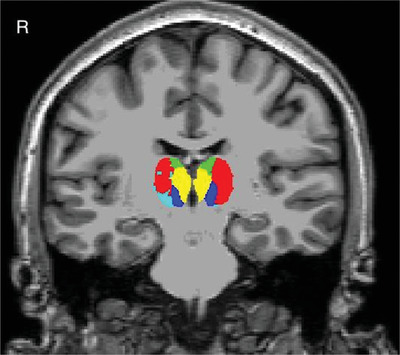
Posttraumatic stress disorder involves reexperiencing of a traumatic experience, including its sensory-perceptual elements. This study examined reexperiencing and other posttraumatic stress symptoms in relation to volumes of thalamic nuclei that were grouped based on their role in particular functions (sensory, cognitive, motor, arousal). We found that reexperiencing symptoms were associated with volumes of the motor thalamus, while anxious arousal symptoms are related to the size of all thalamic subregion volumes. These results suggest that thalamic nuclei involved in oculomotor control and motor planning may be implicated in posttraumatic reexperiencing symptoms.
Toward reanimating the laughter-involved large-scale brain networks to alleviate affective symptoms
- First Published: 10 June 2022

The qEEG data revealed the highest current source density (CSD) for the alpha frequency band localized in the left frontotemporal network (FTN) upon exposure to funny clips. Additionally, left FTN acquired the highest value for theta coherence z-score, and the beta CSD predominantly fell upon the salience network (SN). These preliminary data support the notion that left FTN may be targeted as a cortical hub for noninvasive neuromodulation as a single or adjuvant therapy for affective disorders in the clinical setting.
Association between pesticide exposure and neurobehavioral performance of agricultural workers: A cross-sectional study
- First Published: 06 June 2022
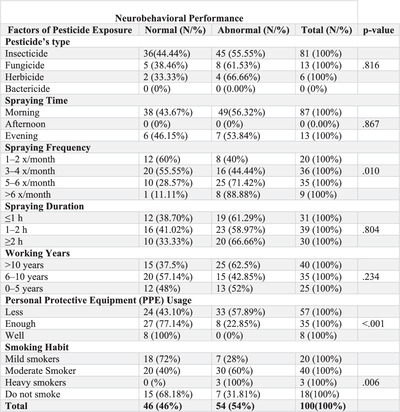
Pesticide exposure has a certain role to play on neurobehavioral performance in adult male agricultural workers as more people have been affected; however, a considerable amount of confounding factors might have played a significant role in giving rise to such results. The government should concern about farmer's neurobehavioral performance and implement different approaches to minimize the use of pesticides so that agricultural workers can work without any mental health problems.
Hemodynamic changes and neuronal damage detected by 9.4 T MRI in rats with chronic cerebral ischemia and cognitive impairment
- First Published: 10 June 2022
REVIEW
No add-on effect of tDCS on fatigue and depression in chronic stroke patients: A randomized sham-controlled trial combining tDCS with computerized cognitive training
- First Published: 06 June 2022
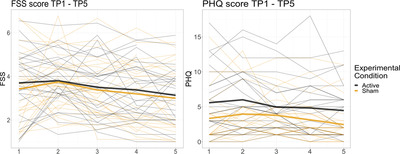
Using a randomized sham-controlled parallel design, we evaluated whether six sessions of tDCS combined with computerized cognitive training reduced self-reported symptoms of fatigue and depression in chronic stroke patients. Measures of fatigue and depression were collected at five timepoints spanning two months. While symptoms of fatigue and depression were reduced during the course of the intervention, results revealed no add-on effect of tDCS.
ORIGINAL ARTICLES
Nonlinear age effects in tactile processing from early childhood to adulthood
- First Published: 08 June 2022
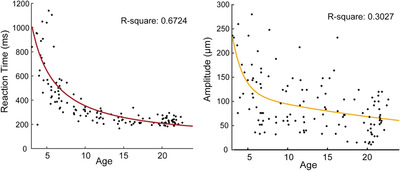
Graphical Abstract
Tactile processing is essential in early child development and continues to develop throughout childhood and adolescence. Here, we examine the development of tactile performance across 5 tasks in 142 children and adults aged 3–23 years. All tasks show a pattern of rapid age-related improvement that plateau by adulthood; however, there are pronounced differences in the rate of change. For example, we show a rapid decrease in reaction time (left) while simultaneous amplitude discrimination performance (right) develops more slowly.
Parcellation-based tractographic modeling of the salience network through meta-analysis
- First Published: 22 June 2022
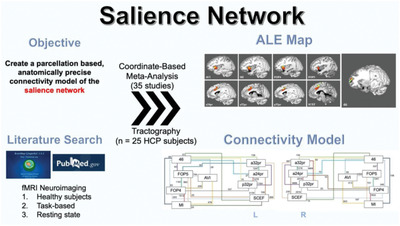
This study provides a detailed model of the salience network (SN) based on its structural and functional connectivity within an anatomically specific parcellation scheme. A coordinate-based meta-analysis of the literature and subsequent tractographic analysis on identified regions demonstrate that the SN comprises three clusters of interconnected cortical regions that are extensively connected with both frontal aslant tract fibers and short local association fibers, generally forming a large cingulate and insular-opercular system. These results may serve as an empirical basis for clinical translation in this region and for future studies that seek to expand our understanding of how specific neural substrates are involved in salience processing and guide subsequent human behavior.
The psychometric properties of the of the Persian version of the Screen for adult anxiety related disorders (SCAARED) in patients with anxiety disorders
- First Published: 17 June 2022
Exploring the link between cognitive deficit, self-esteem, alexithymia, and depressive symptom of schizophrenia
- First Published: 08 June 2022

This study aims to explore the risk factors associated with impairment of cognitive function, alexithymia, and self-esteem among a representative sample of first-episode schizophrenic patients. High self-esteem and alexithymia are commonly encountered in schizophrenia patients. Poor cognitive function, self-esteem, and alexithymia may be a specific detective risk factor for the depressive symptoms of SCZ.
Real-world evidence following a mandatory treatment break after a 1-year prophylactic treatment with calcitonin gene-related peptide (pathway) monoclonal antibodies
- First Published: 10 June 2022
BRIEF REPORT
Autistic traits in trichotillomania
- First Published: 08 June 2022
This study found that autistic traits were common in adults with trichotillomania and associated with family dysfunction. These results highlight the need to carefully screen for autistic traits in those with TTM. To what extent these traits may influence response to treatment, however, remains unclear.
ORIGINAL ARTICLES
Safety and preliminary efficacy of argatroban plus dual antiplatelet therapy for acute mild to moderate ischemic stroke with large artery atherosclerosis
- First Published: 08 June 2022
Prevalence of adverse childhood experiences and their relationship to mental and physical illnesses in the Eastern Region of Saudi Arabia
- First Published: 27 June 2022
Ascorbic acid can alleviate the degradation of levodopa and carbidopa induced by magnesium oxide
- First Published: 17 June 2022
Associations of the A118G OPRM1 polymorphism with sociotropy and interpersonal sensitivity
- First Published: 27 June 2022
Hypersensitive C-reactive protein-albumin ratio is associated with stroke-associated pneumonia and early clinical outcomes in patients with acute ischemic stroke
- First Published: 24 June 2022
Grey matter atrophy in patients with benign multiple sclerosis
- First Published: 28 June 2022
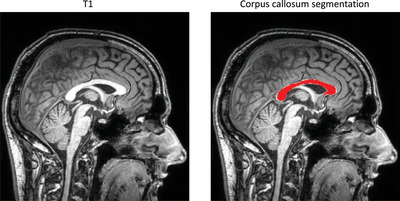
We investigated global and regional grey matter (GM) and white matter (WM) volumes, WM lesion load, and corpus callosum index (CCI), in benign relapsing.]remitting MS (BRRMS, n = 35) with and without any treatment and compared those to aggressive relapsing.]remitting MS (ARRMS, n = 46). Structures were analyzed by using an automated MRI quantification tool (cNeuro®). In our study thalamic volume was the most prominent measure to differentiate BRRMS and ARRMS. Validation of automated quantification of CCI provides an additional applicable MRI biomarker to detect brain atrophy in MS.




